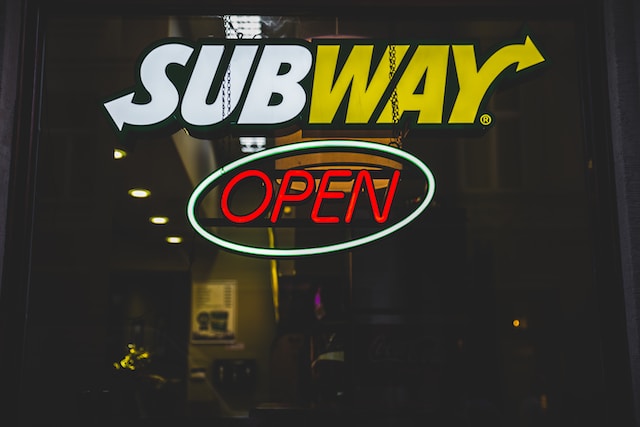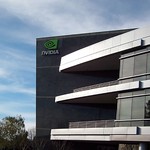In a surprising turn of events, global sandwich giant Subway has made waves in the business world with its recent announcement of a $9.55 billion acquisition by Roark Capital, a prominent private equity firm. This strategic move has left many industry experts and fast food enthusiasts alike buzzing with anticipation. In this article, we will delve into the details of this monumental acquisition and explore its potential ramifications for both Subway and the broader fast food landscape.
Subway’s Evolution and Market Presence
Founded in 1965, Subway has risen to prominence as a pioneer in the fast-casual dining segment. With its customizable sandwiches and emphasis on fresh ingredients, the chain quickly captured the hearts and taste buds of customers worldwide. With thousands of locations spanning over 100 countries, Subway has become a household name synonymous with quick and customizable meals.
Roark Capital: A Strategic Player
Roark Capital, a leading private equity firm known for its investments in the franchise and multi-unit industries, has an impressive portfolio of brands under its wing. These brands span various sectors, from food and beverage to health and wellness. The acquisition of Subway aligns with Roark Capital’s track record of nurturing and growing businesses, making it an intriguing move for both parties involved.
The $9.55 Billion Deal: What It Means
The whopping $9.55 billion price tag attached to this acquisition underscores the strategic importance of Subway within the fast food landscape. This deal signifies not only the financial value of the brand but also the potential Roark Capital sees in its future growth. As Subway seeks to revitalize its image and customer experience, Roark Capital’s expertise and resources could play a pivotal role in shaping the chain’s trajectory.
Implications for the Fast Food Industry
This acquisition is expected to send ripples throughout the fast food industry. Competitors and stakeholders will likely be closely monitoring how this deal unfolds, as it could set a precedent for similar acquisitions in the future. Moreover, Subway’s ability to leverage Roark Capital’s insights could lead to innovations in areas such as menu offerings, technology integration, and sustainability initiatives.
Anticipating the Future
While the acquisition marks a significant milestone, it also raises questions about the future direction of Subway. Will the brand’s core values and menu customization remain intact, or will we witness a shift in strategy? As consumers increasingly seek healthier and more diverse dining options, Subway’s evolution under Roark Capital’s ownership could potentially address these changing preferences.
Conclusion
Subway’s decision to sell itself to Roark Capital for $9.55 billion has undoubtedly set the stage for a new chapter in the chain’s storied history. As Subway navigates this transition, the business world will be watching closely to see how the marriage of a sandwich giant and a private equity powerhouse unfolds. This acquisition not only reshapes Subway’s trajectory but also sends a message to the fast food industry at large—adaptation and evolution are key in an ever-changing market.












